There Are Too Many Little Renaissances
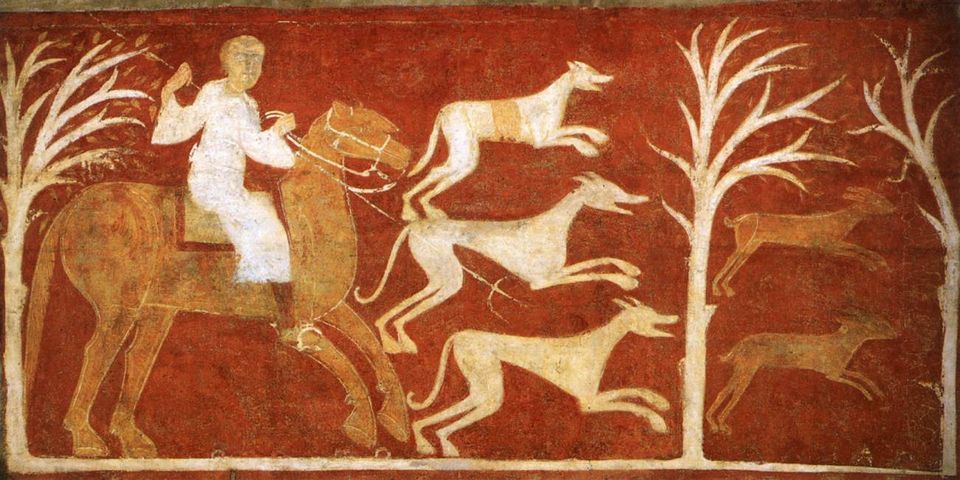
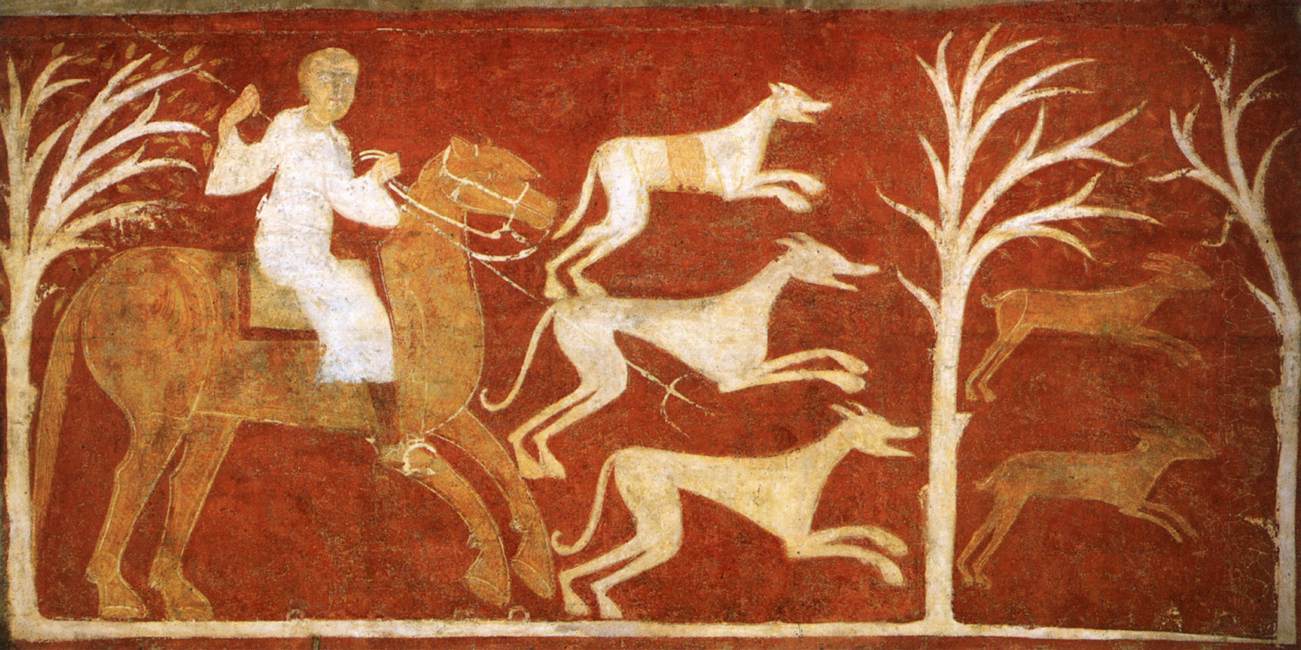
There are, at present, too many "little Renaissances" in European history. We are going to have to get rid of at least two of them. By my own count there are three:
- The Carolingian Renaissance of the 8th and 9th centuries
- The Ottonian Renaissance of the 10th century
- The "Renaissance of the 12th Century"
This is without even counting the Renaissance of the Renaissance, which can scarcely have registered after so many earlier Renaissances: "A Renaissance again? Oh, dear – but we already have three! Never mind, it's the thought that counts."
I suspect this proliferation of Renaissances is the fault of the 19th century, although I can't be sure. (It is still usually safe to blame the 19th century for any problems with a shared cultural understanding of the Middle Ages, although I'd better check this statement with Jo before running off with it.) If I were to hazard a guess, it would be that people started adding more and more (and smaller and smaller) Renaissances into medieval history because they were tired of explaining that the medieval era still had books and ideas and languages and so on, rather than just mud and dying in childbirth, and had given up on anyone using "medieval" and "Renaissance" as anything other than shorthand for "bad, stupid" and "smart, good" again.
So they lighted on the admittedly ingenious but short-sighted solution of calling parts of the medieval era "the Danish Renaissance of the Balkans" or "the hasty Renaissance of 1103" in order to trick people into learning something about medieval ingenuity, like when Jessica Seinfeld taught everyone to sneak sweet potatoes into brownies. If "Renaissance" means "something good happened," you might as well call every cultural boom or newly-formed political coalition a Renaissance.
Translate a lot of copies of Boethius this year, did you? Why not call it a Renaissance! Mint some new coins, built an extra scriptorium or two, wrote a lot of letters to Byzantium? Good news: You're having a Renaissance! It's like Henry Fonda's last speech at the end of The Grapes of Wrath, if Tom Joad were the personification of the Renaissance:
"Maybe it's like Casy says. A Renaissance ain't got a period of its own, just a little piece of a bigger period, the one big historical period that belongs to everybody, then...Then it don't matter. I'll be all around in the Dark Ages. I'll be everywhere. Wherever you can look – wherever there's a new commentary on the Logica vetus, or increased engagement with Arabic philosophy, I'll be there. Wherever there's a rich guy marrying his daughter to a former warlord turned duke in Southern Germany to consolidate the Italian and German kingdoms, I'll be there. Wherever sophisticated urban settlements emerge as hubs of long-distance trade and sites of training for skilled craftsmen, I'll be there. I'll be in the way kids laugh when they're reading and know they're about to develop a new miniscule script, and when the people revive cathedral schools in their own backyard, with personal commissions from Empress Matilda, I'll be there, too."
But of course this just kicks the can further down the road! And then you run into the same problem, just moved a little further back in time, where you have to apologize for implying that the period immediately preceding your special little Renaissance was barbaric or without culture, and give it a little Renaissance to make up for hurting its feelings:
As Pierre Riché points out, the expression "Carolingian Renaissance" does not imply that Western Europe was barbaric or obscurantist before the Carolingian era. The centuries following the collapse of the Roman Empire in the West did not see an abrupt disappearance of the ancient schools...The fall of the Western Roman Empire saw the "Vandal Renaissance" of Kings Thrasamund and Hilderic in late 5th and early 6th century North Africa, where ambitious architectural projects were commissioned, the Vandal kings dressed in Roman imperial style with Roman triumphal rulership symbols, and intellectual traditions, poetry and literature flourished. The 7th century saw the "Isidorian Renaissance" in the Visigothic Kingdom of Hispania...There was a similar flourishing in the Northumbrian Renaissance of the 7th and 8th centuries.
That's three more Renaissances than we had five minutes ago! Where does it end? Surely we can't call the classical era a Renaissance, since the classical era is the Naissance that's always getting Re-Naissanced, but I'm not so sure I can count on this slowing down anytime soon. All I know is that if anyone tries to tell me the Renaissance began during the fall of Rome I'm going to be very seriously annoyed.
Something's got to be the Middle Ages. At this point I almost don't care what it is, so long as everybody agrees on it. You can pick one Renaissance to keep in the cart, but everything else has to go back on the shelf, and if you don't make a decision in five minutes, we're not going home with anything, so there.
[Image via Wikimedia Commons]

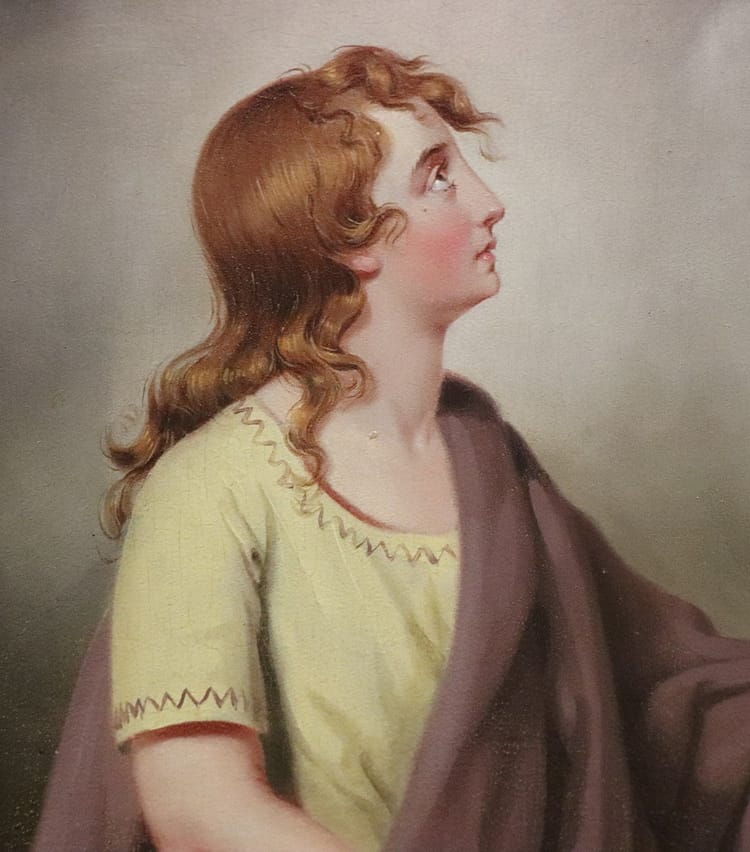
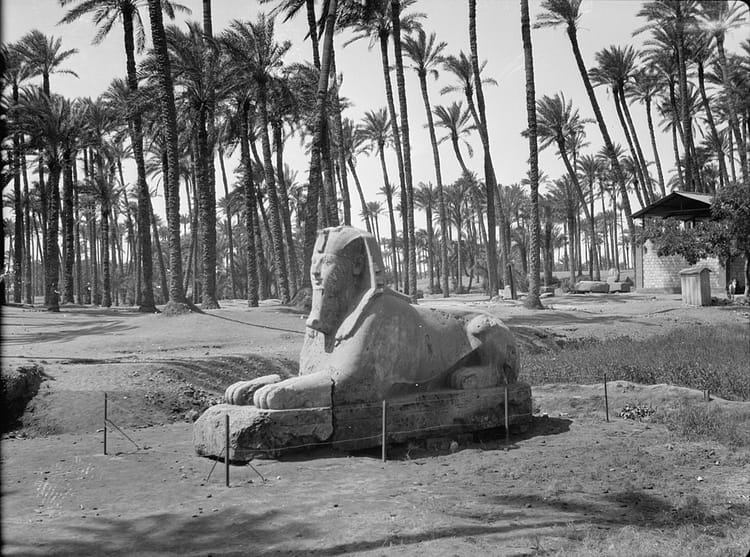
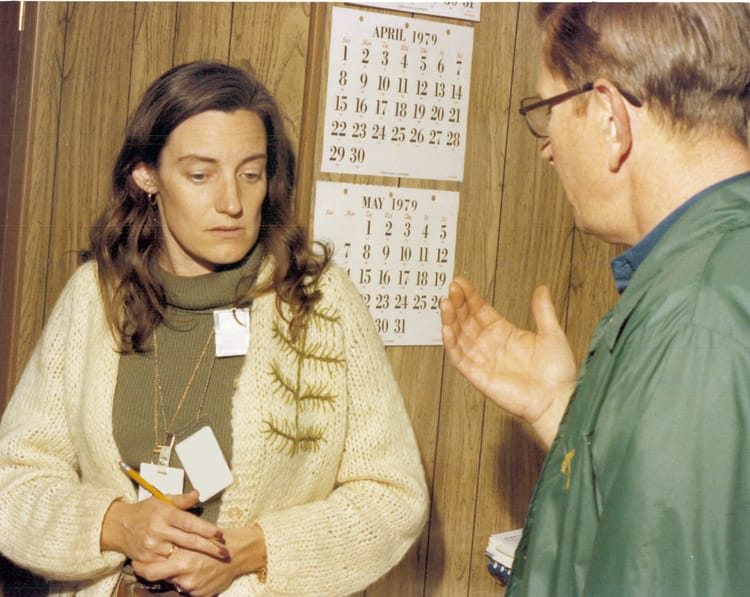
Comments ()